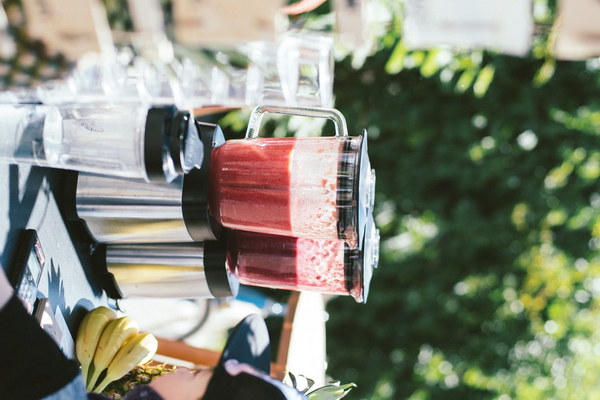How to Protect Your Liver Tips for Overcoming Excessive Drinking
Excessive alcohol consumption is a leading cause of liver disease, a condition that affects millions of people worldwide. The liver plays a crucial role in filtering toxins from the bloodstream, but when it's overwhelmed by alcohol, it can become damaged. In this article, we'll explore some effective ways to protect your liver if you've been indulging in excessive drinking.
1. Cut Down on Alcohol Consumption

The first step in protecting your liver is to reduce your alcohol intake. If you're struggling with excessive drinking, consider setting a limit for yourself and sticking to it. Gradually decrease the amount of alcohol you consume over time, and seek support from friends, family, or a professional if needed.
2. Maintain a Healthy Diet
A balanced diet can help your liver repair itself. Incorporate plenty of fruits, vegetables, whole grains, lean proteins, and healthy fats into your meals. Foods rich in antioxidants, such as berries, spinach, and nuts, can help protect your liver from further damage. Additionally, limit your intake of processed foods, sugary snacks, and high-fat meals, as they can exacerbate liver stress.
3. Stay Hydrated
Drinking plenty of water is essential for maintaining liver health. Water helps flush out toxins from the body and supports liver function. Aim to drink at least 8 to 10 glasses of water per day, and increase your intake if you're exercising or in a hot climate.
4. Exercise Regularly
Regular physical activity can improve liver function and promote overall health. Aim for at least 150 minutes of moderate-intensity aerobic exercise per week, such as walking, swimming, or cycling. Exercise helps reduce inflammation and improve liver enzymes, which can aid in the healing process.
5. Avoid Toxic Substances
Toxins such as drugs, chemicals, and pesticides can further damage your liver. Minimize your exposure to these substances by using protective gear when handling hazardous materials, avoiding smoking, and choosing organic products when possible.
6. Get Enough Sleep
Adequate sleep is crucial for liver health. Lack of sleep can impair liver function and weaken your immune system, making you more susceptible to infections. Aim for 7 to 9 hours of quality sleep per night, and establish a relaxing bedtime routine to improve your sleep quality.
7. Manage Stress
Chronic stress can exacerbate liver damage. Find healthy ways to manage stress, such as practicing mindfulness, meditation, deep breathing exercises, or engaging in a hobby. Regular relaxation techniques can help your body recover and maintain optimal liver function.
8. Consult a Healthcare Professional
If you're concerned about the effects of excessive drinking on your liver, it's essential to consult a healthcare professional. They can provide guidance on managing your alcohol intake, recommend liver-protecting supplements, and monitor your liver health through regular blood tests.
Remember, the liver has an impressive ability to regenerate, but excessive alcohol consumption can lead to irreversible damage. By adopting these lifestyle changes, you can help protect your liver and promote its healing process. If you're struggling with alcohol dependence, seek help from a professional or support group to overcome this challenge and improve your liver health.









